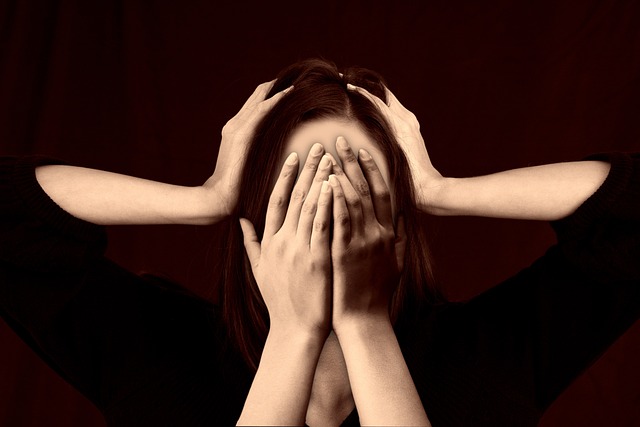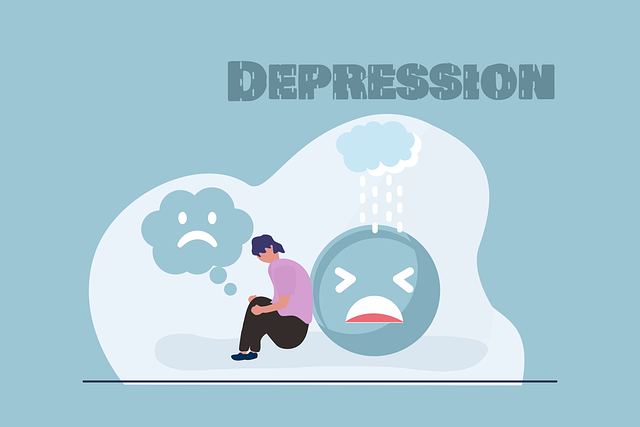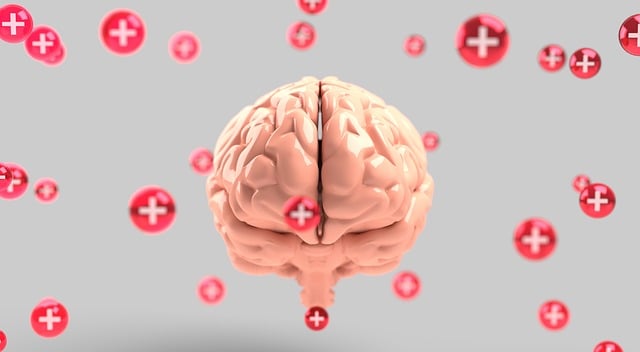Conduct disorder (CD) in the elderly significantly impacts mental wellness and quality of life, requiring specialized therapy focusing on mood management and addressing underlying causes through individual and group therapy. Diagnosis involves meticulous assessments by healthcare providers using standardized tools. Key treatments include Cognitive-Behavioral Therapy (CBT), which equips elders with coping strategies, builds empathy, and promotes positive interactions. A multidisciplinary approach involving psychiatrists, psychologists, and social workers is crucial for accurate diagnosis and effective treatment, with support groups and public awareness campaigns enhancing access to care. CBT and family therapy are integral components of successful treatment plans, targeting symptom management and interpersonal dynamics while providing anxiety relief strategies for holistic support.
“Navigating mental health care can be challenging, especially for the elderly population facing conduct disorder (CD). This comprehensive guide delves into the intricate world of recognizing CD symptoms in seniors, understanding the diagnosis process, and exploring effective therapeutic options. From identifying behavioral changes to guiding elders and their families through the diagnosis journey, we offer a step-by-step approach. Additionally, we highlight valuable resources for navigating healthcare systems, ensuring elderly individuals receive the best treatment, including suitable therapy for conduct disorder.”
- Understanding Elderly Mental Health: Recognizing Conduct Disorder
- The Diagnosis Process: A Step-by-Step Guide for Elders
- Therapeutic Options: Effective Treatments for Conduct Disorder
- Navigating the Healthcare System: Support and Resources for Elderly Individuals
Understanding Elderly Mental Health: Recognizing Conduct Disorder

Understanding mental health issues in the elderly population is a critical aspect of healthcare. Conduct disorder (CD) is a serious mental health condition often associated with older individuals, characterized by persistent and repeated violations of socially accepted behavior. This disorder can manifest as aggressive behavior, substance abuse, or a pattern of disregard for social norms. Recognizing CD in the elderly is essential due to its potential impact on overall mental wellness and quality of life.
Elderly patients presenting with conduct disorder may require specialized therapy and support. Effective treatment options include individual therapy focusing on mood management and addressing underlying causes. Additionally, group therapy sessions can foster a sense of community and provide opportunities for social interaction, which is vital for maintaining mental health in the elderly. Risk management planning for mental health professionals is crucial to ensure safe and effective interventions when dealing with this complex condition.
The Diagnosis Process: A Step-by-Step Guide for Elders

The process of diagnosing mental illness can be a complex journey for elders, but understanding each step can empower them to navigate their path to healing. It typically begins with recognizing symptoms and seeking professional help from a healthcare provider or therapist. During the initial assessment, the specialist will gather detailed information about the individual’s history, including any past illnesses, medications, and significant life events. This is crucial in identifying potential causes and ruling out other conditions. The therapist may use standardized questionnaires or interviews to evaluate cognitive function, mood, anxiety levels, and any unusual behaviors.
The diagnosis itself is made based on these evaluations and the professional’s clinical judgment. For elders experiencing conduct disorder, this might involve assessing impulsive actions, aggression, or repeated violations of social norms. By understanding these patterns, therapists can provide tailored therapy for elders, such as cognitive-behavioral therapy (CBT), which has proven effective in managing conduct disorders. Additionally, building empathy and utilizing conflict resolution techniques are essential aspects of the emotional healing processes involved in mental illness treatment.
Therapeutic Options: Effective Treatments for Conduct Disorder

The therapeutic landscape for Conduct Disorder (CD) offers a spectrum of effective treatments tailored to address the unique needs of individuals affected. For elders struggling with CD, specialized therapy becomes pivotal in managing symptoms and fostering positive behavior changes. Cognitive-Behavioral Therapy (CBT), a cornerstone approach, equips participants with essential coping strategies by identifying and modifying negative thought patterns and behaviors. This evidence-based method has proven particularly beneficial for elders, helping them develop healthier ways of navigating emotional challenges and promoting self-regulation.
Incorporating Empathy Building Strategies within therapy sessions can significantly enhance the therapeutic process. By fostering understanding and compassion, these strategies encourage positive interactions and strengthen relationships. Additionally, encouraging Positive Thinking and applying Mind Over Matter Principles allows elders to gain a sense of control over their lives, thereby reducing disruptive behaviors often associated with CD. Through tailored interventions, therapists can guide participants towards embracing healthier lifestyles and improving overall well-being.
Navigating the Healthcare System: Support and Resources for Elderly Individuals

Navigating the healthcare system can be particularly challenging for elderly individuals dealing with mental illness. The complexity of diagnosing and treating conditions like Conduct Disorder in older adults often requires a multidisciplinary approach, involving psychiatrists, psychologists, and social workers. Support groups tailored for seniors play a vital role in fostering resilience building and providing much-needed companionship. Public awareness campaigns development focused on the unique needs of the elderly can significantly reduce stigma and enhance access to care.
Effective therapy for elders with Conduct Disorder involves cognitive-behavioral therapy (CBT) to manage symptoms, along with family therapy to address interpersonal dynamics. Anxiety relief strategies are crucial components of holistic treatment plans, ensuring that elderly patients receive comprehensive support throughout their journey.
Mental illness, especially conduct disorder in elders, is a complex yet treatable condition. By understanding the unique challenges faced by elderly individuals and utilizing available resources, we can significantly improve their quality of life. The article has provided a comprehensive guide to diagnosis, treatment options, and navigating healthcare systems, emphasizing the importance of early intervention and continuous support for effective therapy for elders with conduct disorder. Remember that access to accurate information and appropriate assistance is key to fostering recovery and enhancing their overall well-being.








